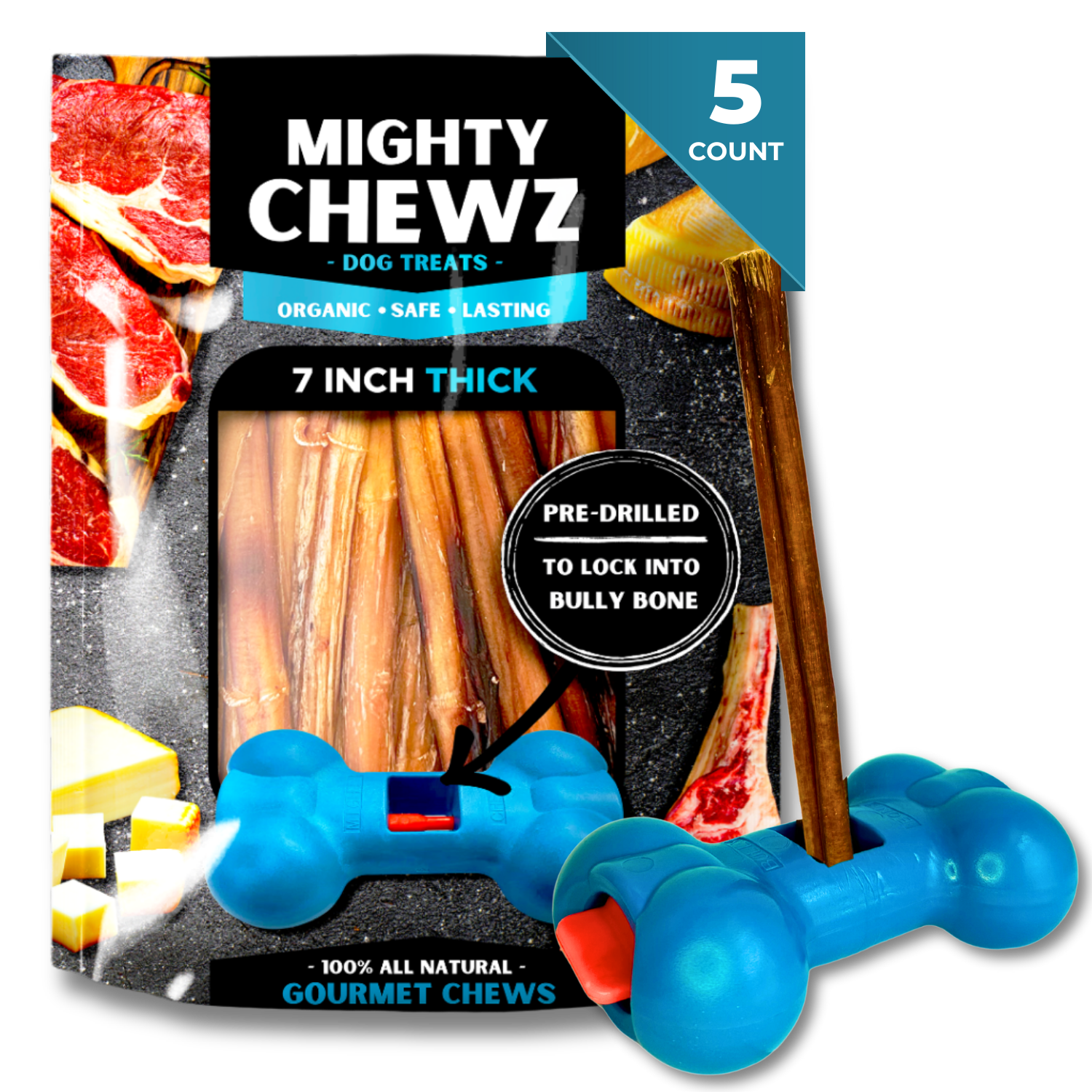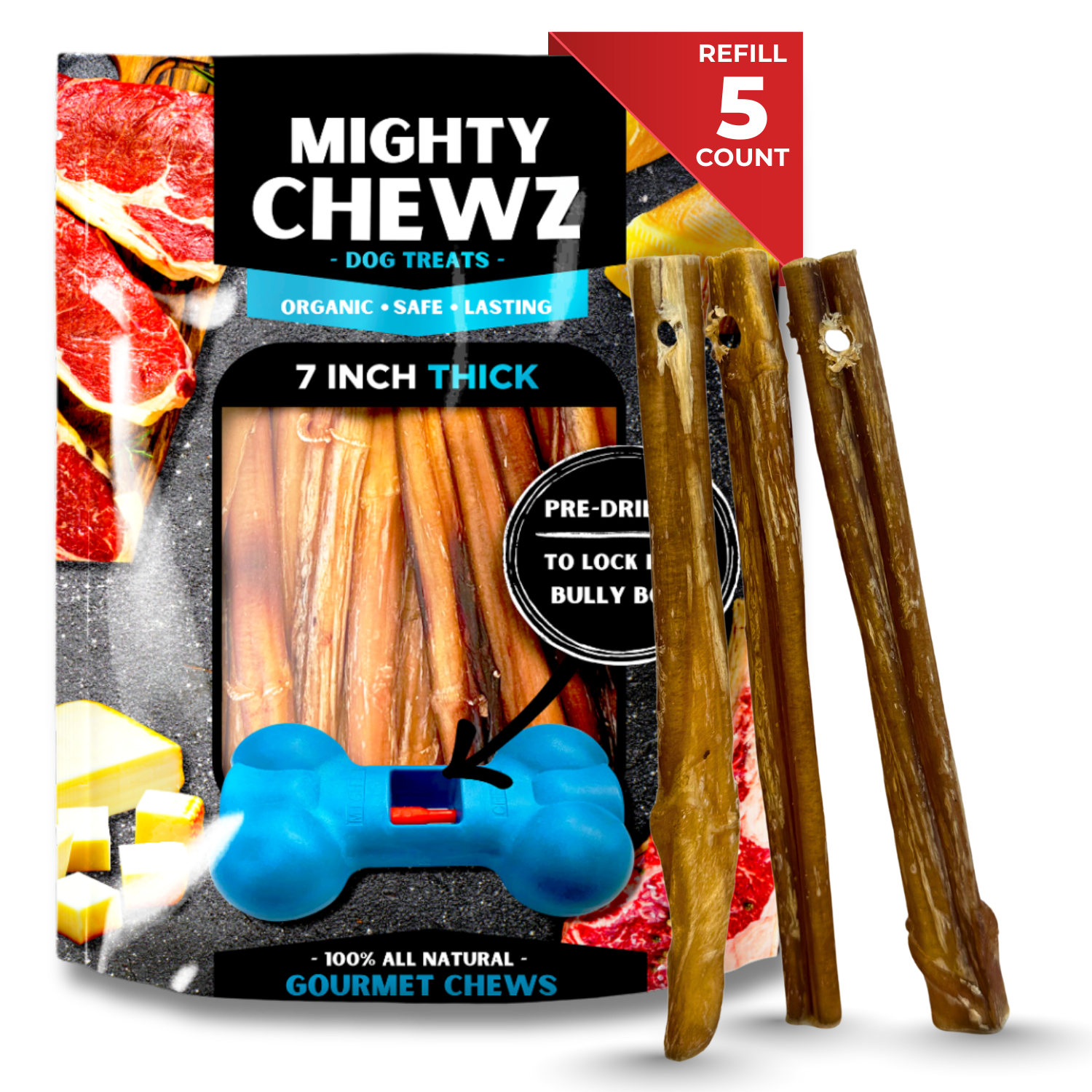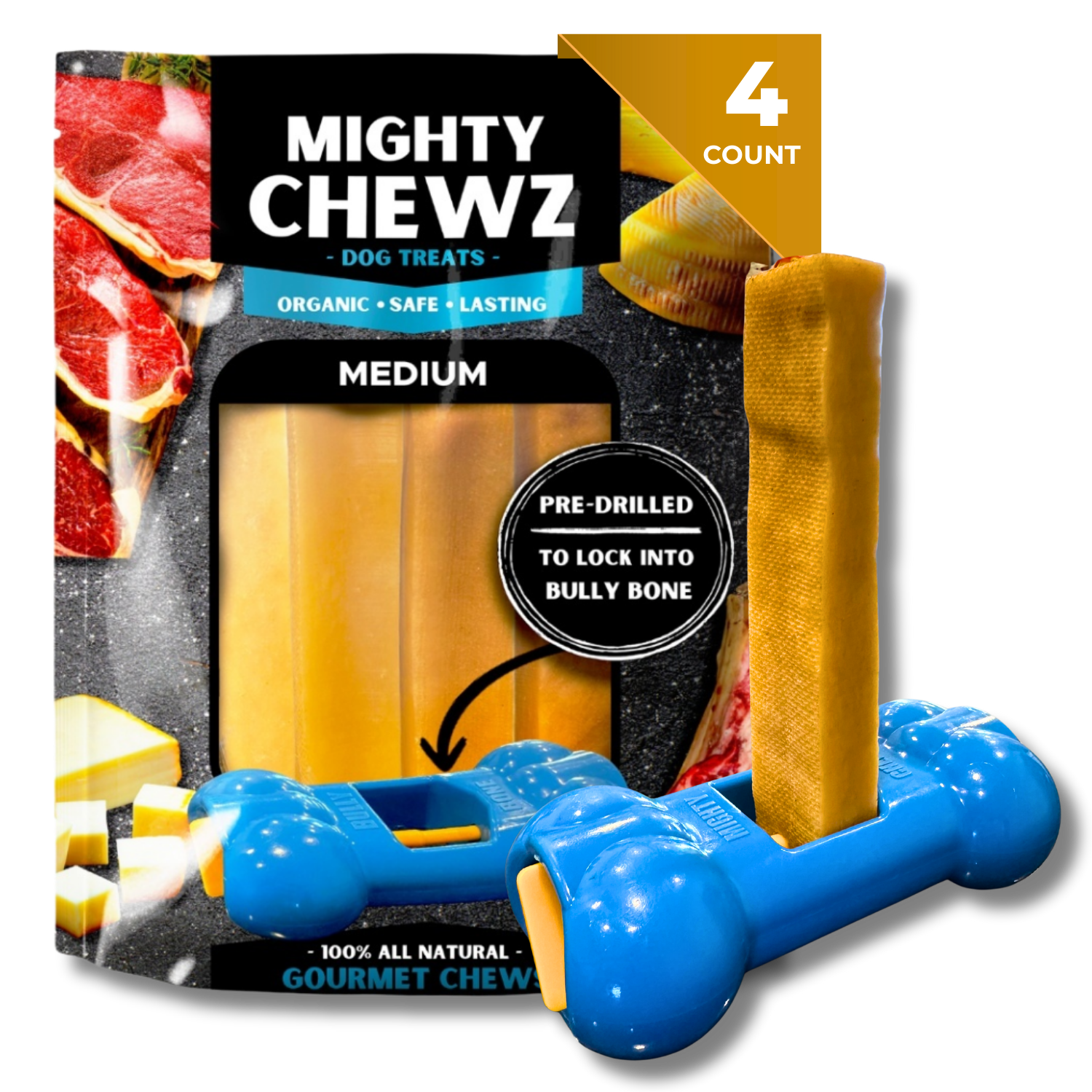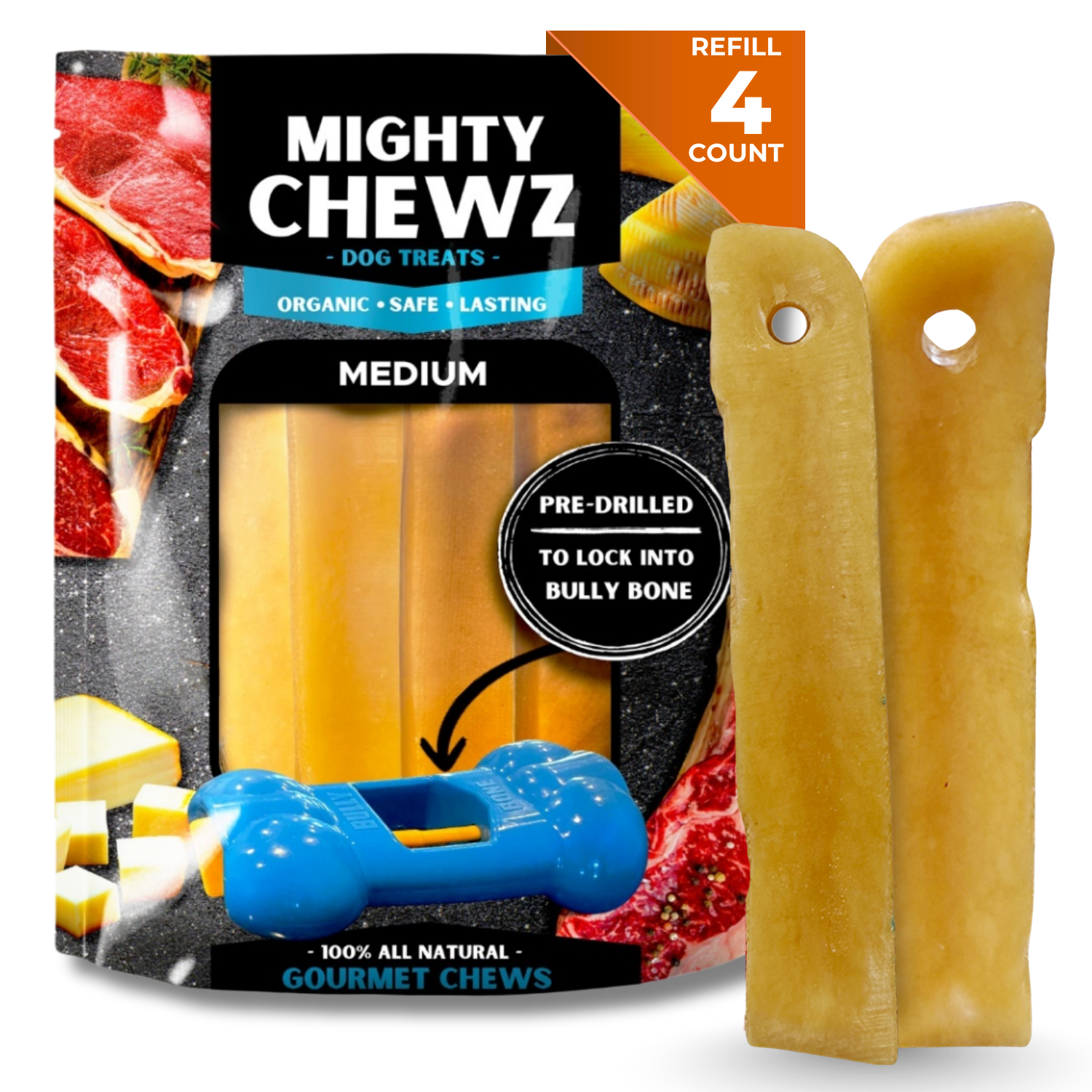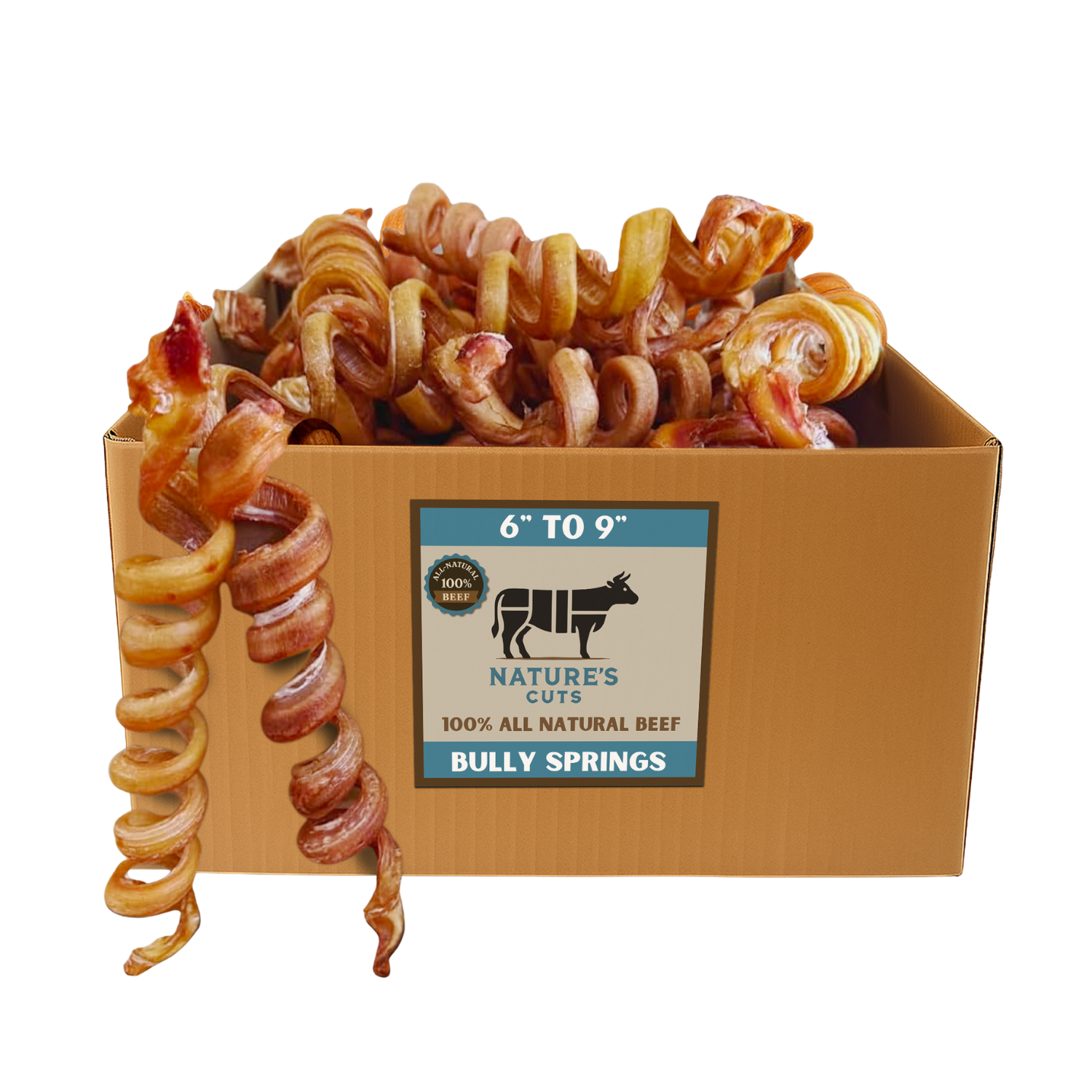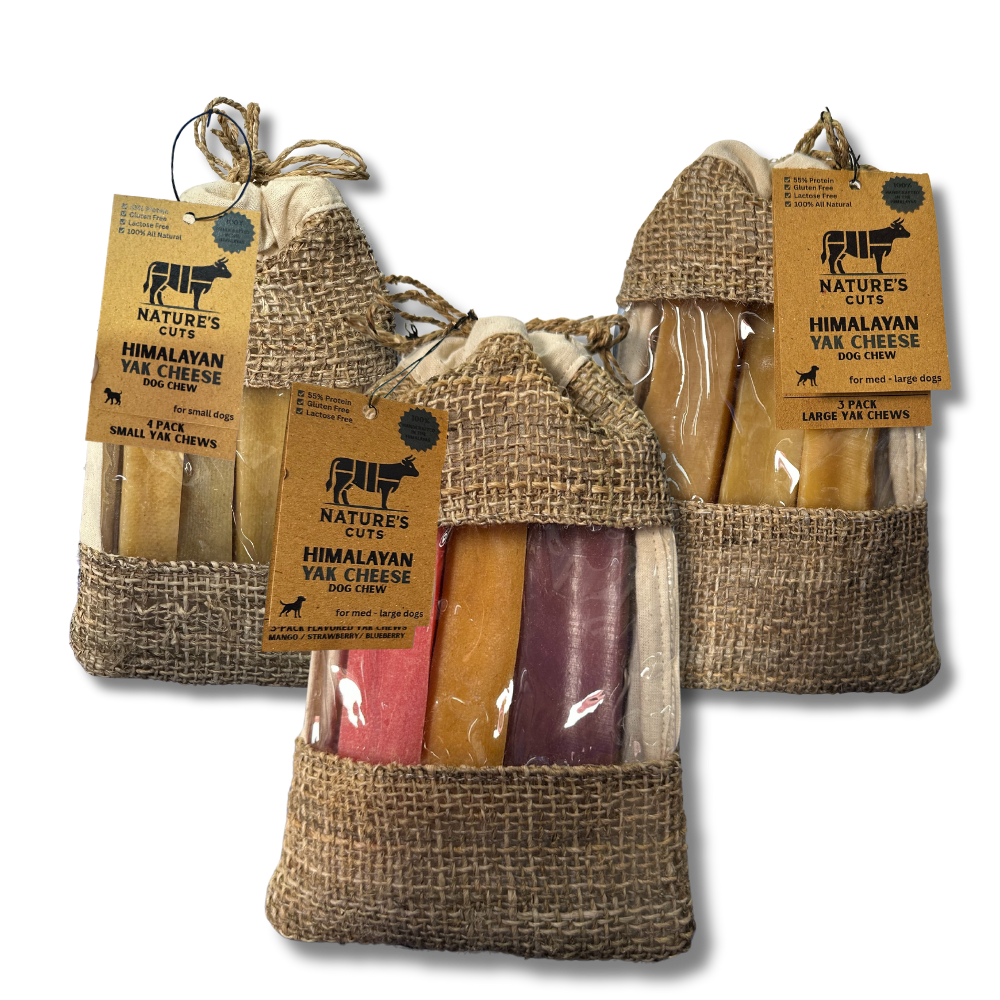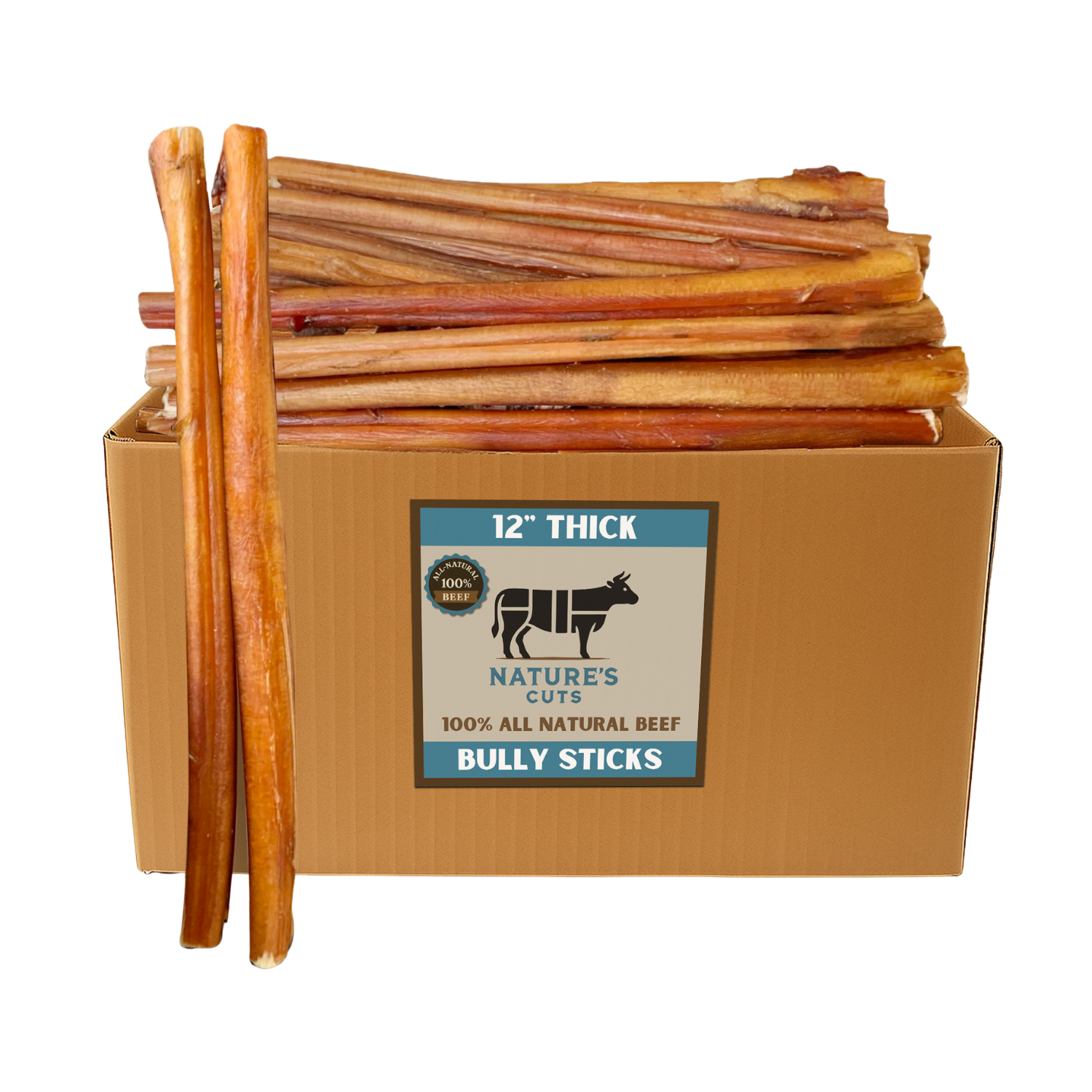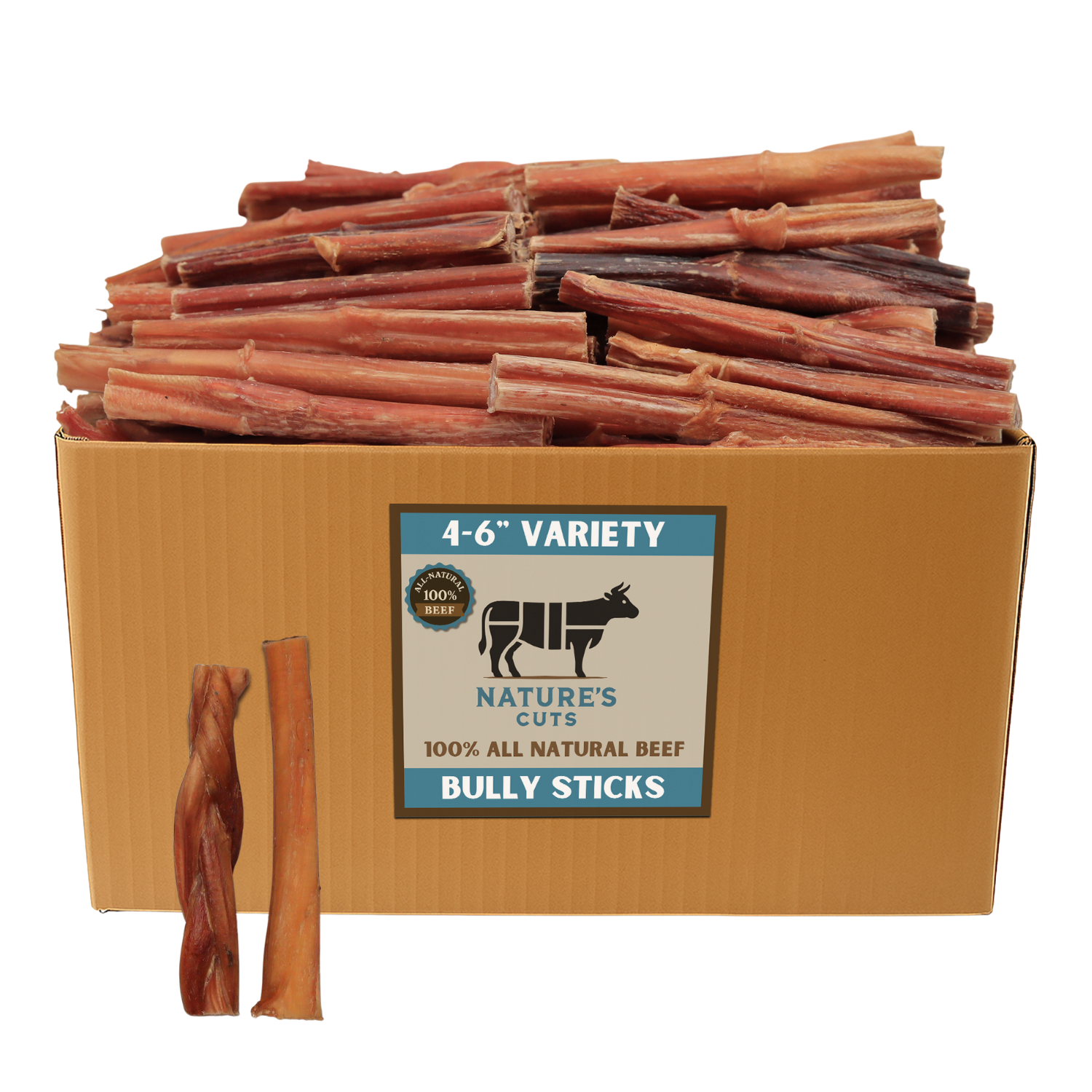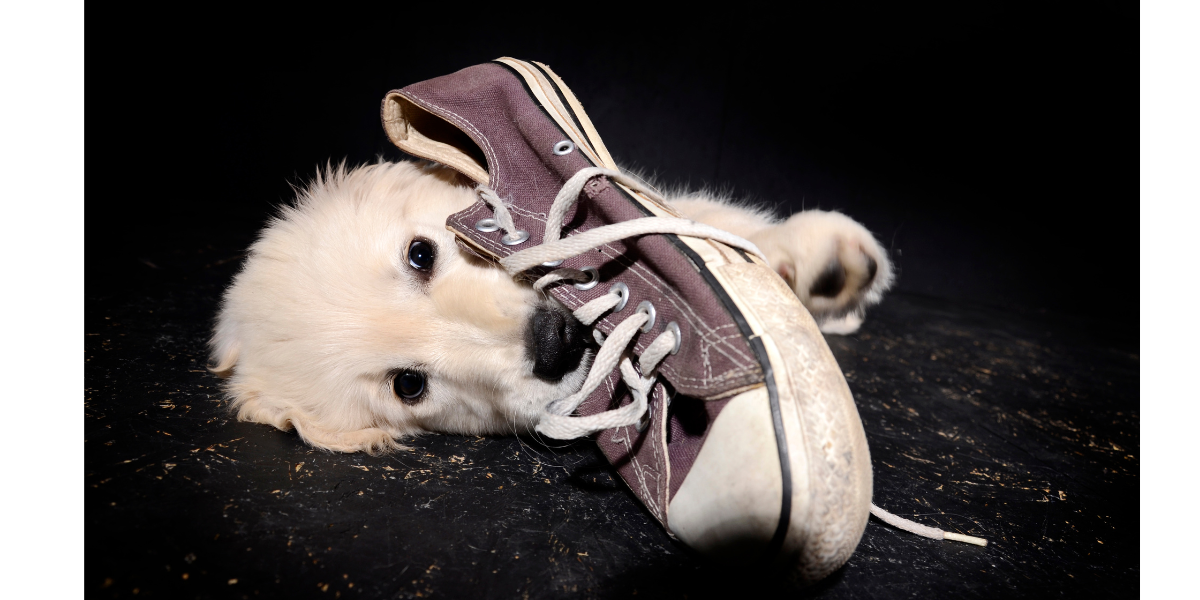
Can Bully Sticks Cause Diarrhea? A Guide for Concerned Pet Owners
As a dog owner, ensuring your furry friend stays happy and healthy is always a top priority. Treats like bully sticks are a popular choice for many pet parents due to their natural ingredients, long-lasting chewability, and ability to promote dental health. But one common question that often arises is: can bully sticks cause diarrhea?
The short answer is yes, bully sticks can cause diarrhea in some dogs. However, understanding why this happens and how to prevent it can help ensure that your pup enjoys these tasty treats without any digestive upset.
Why Can Bully Sticks Cause Diarrhea?
There are several reasons why bully sticks may lead to diarrhea in dogs:
1. Richness of the Treat
Bully sticks are high in protein, which can be difficult for some dogs to digest, especially if they are not used to such rich treats. If a dog consumes a bully stick too quickly or eats more than they should, it could upset their stomach and cause diarrhea.
2. New Treat in the Diet
Introducing any new food or treat into your dog’s diet can lead to digestive issues. If your dog has never had a bully stick before, their stomach may need time to adjust. This adjustment period can sometimes result in loose stools.
3. Overconsumption
Too much of a good thing can be problematic. Overeating bully sticks can overwhelm your dog’s digestive system, leading to diarrhea. It’s important to monitor portion sizes and not let your dog overindulge.
4. Sensitivity or Allergies
Some dogs may have sensitivities or mild allergies to certain proteins, including those found in bully sticks. This can result in gastrointestinal symptoms, including diarrhea.
5. Poor Quality or Contaminated Products
Not all bully sticks are created equal. Lower-quality products may contain additives or contaminants that can irritate your dog’s digestive system. Always choose high-quality, single-ingredient bully sticks to reduce this risk.
How to Prevent Diarrhea from Bully Sticks
To help your dog enjoy bully sticks without the risk of diarrhea, consider these tips:
1. Introduce Gradually
If your dog is new to bully sticks, introduce them slowly. Start with small amounts and monitor how your dog’s stomach reacts before allowing them to chew on a full stick.
2. Portion Control
Limit the amount of bully stick your dog consumes in one sitting. A good rule of thumb is to let them chew for about 10-15 minutes and then take the treat away for later.
3. Choose High-Quality Bully Sticks
Opt for reputable brands that offer natural, single-ingredient bully sticks made from high-quality sources. Avoid products with additives, preservatives, or artificial ingredients.
4. Supervise Chewing
Always supervise your dog while they’re enjoying a bully stick. This helps prevent them from swallowing large chunks that could lead to digestive issues.
5. Provide Plenty of Water
Chewing bully sticks can be dehydrating. Ensure your dog has access to fresh water to help with digestion and prevent stomach upset.
When to See a Vet
If your dog experiences persistent diarrhea after consuming a bully stick, it’s essential to consult your veterinarian. Chronic diarrhea can be a sign of underlying health issues, such as food sensitivities, infections, or gastrointestinal disorders.
Watch for additional symptoms, such as:
- Vomiting
- Lethargy
- Loss of appetite
- Blood in stool
These signs may indicate a more serious problem requiring medical attention.
Can Bully Sticks Cause Diarrhea? Final Thoughts
In most cases, bully sticks are a safe and enjoyable treat for dogs. While they can cause diarrhea in some situations, understanding the potential causes and taking preventative measures can help minimize the risk. Always prioritize quality and moderation to ensure your pup stays healthy and happy.
At Mighty Chewz, we pride ourselves on offering high-quality bully sticks made from 100% natural ingredients. If you’re looking for safe, nutritious, and delicious chews for your dog, check out our selection today!
So, the next time you wonder, “Can bully sticks cause diarrhea?” remember that with proper care, bully sticks can be a great addition to your dog’s diet. As always, keep an eye on your furry friend and consult your vet if you have any concerns.
Share

